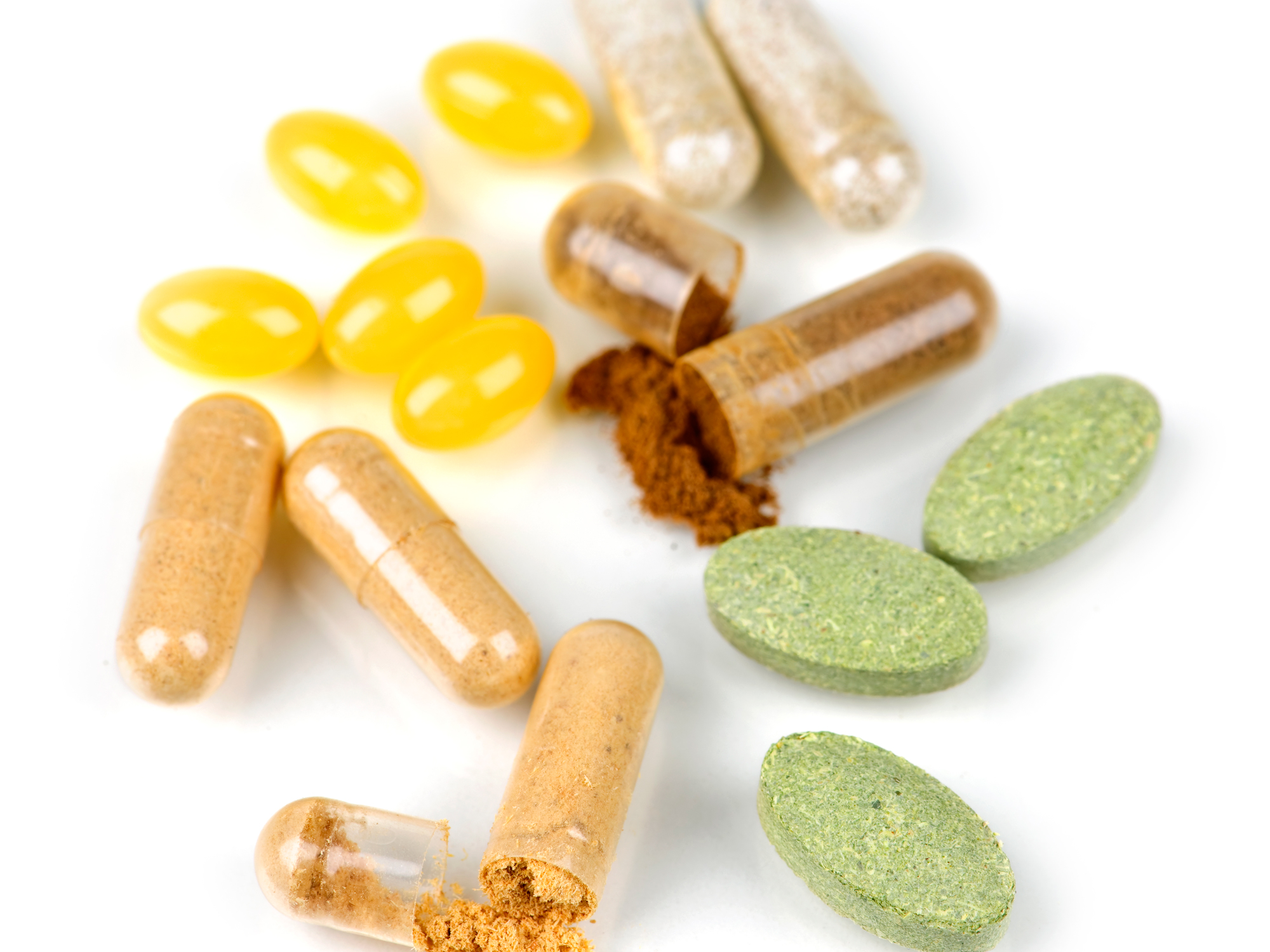Get Easy Health Digest™ in your inbox and don’t miss a thing when you subscribe today. Plus, get the free bonus report, Mother Nature’s Tips, Tricks and Remedies for Cholesterol, Blood Pressure & Blood Sugar as my way of saying welcome to the community!
5 supplements that support normal blood pressure levels

High blood pressure affects nearly half, or about 47 percent, of Americans. Another 30 percent suffer from pre-hypertension, meaning they don’t have high blood pressure yet, but they are in the danger zone.
If medication isn’t yet necessary, there are five natural supplements that can help promote normal blood pressure without concern for side effects.
Some conventional doctors are coming around to the idea of using these as your first choice to regain control of your blood pressure, along with lifestyle improvements that might include a healthier diet and regular exercise.
What is normal blood pressure?
A normal blood pressure reading would be any blood pressure at or below 120/80 mm Hg and above 90/60 mm Hg.
When your systolic pressure is between 120 and 129 mm Hg or diastolic pressure is from 80–89 mm Hg, you could be considered to have prehypertension.
Although you aren’t classified as having high blood pressure yet, prehypertension can quickly turn into true high blood pressure.
Once your systolic blood pressure reaches between 130 and 139 mm Hg, or if your diastolic blood pressure reaches between 80 and 89 mm Hg you are diagnosed with stage one high blood pressure.
From there, the higher the numbers, the worse your condition is considered.
Supplements that can help and how to take them
So, now that you know where your numbers put you on the blood pressure spectrum, what can you do?
The traditional advice of eating a healthy diet and getting the right amount of exercise still stands, but along with that, here are five supplements that have been shown to support blood pressure…
- Omega-3s — Research has shown that increasing your omega-3s can decrease your blood pressure. So, add in a high-quality cold-water fish oil supplement like krill oil to get your blood pressure back into a healthy range. The Mayo Clinic recommends 6,000 mg per day (2,000 mg with each meal) for 6 months to prevent heart disease.
- Vitamin D3 — People with low levels of vitamin D have a higher risk of high blood pressure. Taking a therapeutic dose of 5,000 IU per day of D3 can help you regain control of your blood pressure.
- Calcium/Magnesium — Too little of either of these minerals is associated with high blood pressure. Women need 1,000-1,200 mg of calcium per day while men should get between 500-600 mg. You will need approximately 500 mg of magnesium to replace the amount you lose each day through your normal body processes.
- Potassium — Potassium helps by balancing the salt level in your body. Adding a potassium supplement of 100 mg per day can help promote healthier blood pressure.
- CoQ10 — 45- 60 mg of CoQ10 per day has been shown to lower blood pressure as much as 12 to 25 points. Just be sure to buy a soft gel as they are better absorbed.
If you’re on blood pressure medications don’t stop taking them. Talk to your doctor about the nutrients above and see if you can work together on a natural solution to maintaining healthy blood pressure.
Editor’s note: Have you heard of EDTA chelation therapy? It was developed originally to remove lead and other contaminants, including heavy metals, from the body. Its uses now run the gamut from varicose veins to circulation. Click here to discover Chelation: Natural Miracle for Protecting Your Heart and Enhancing Your Health!
Sources:
Nwankwo T, Yoon SS, Burt V, Gu Q. Hypertension among adults in the US: National Health and Nutrition Examination Survey, 2011-2012. NCHS Data Brief, No. 133. Hyattsville, MD: National Center for Health Statistics, Centers for Disease Control and Prevention, US Dept of Health and Human Services; 2013.
Facts about hypertension — CDC
Fish oil — Mayo Clinic
New Guidelines for Potassium Replacement in Clinical Practice — Scribd
Coenzyme Q10 — University of Maryland Medical Center (UMMC)
Coenzyme Q10 — Mayo Clinic














